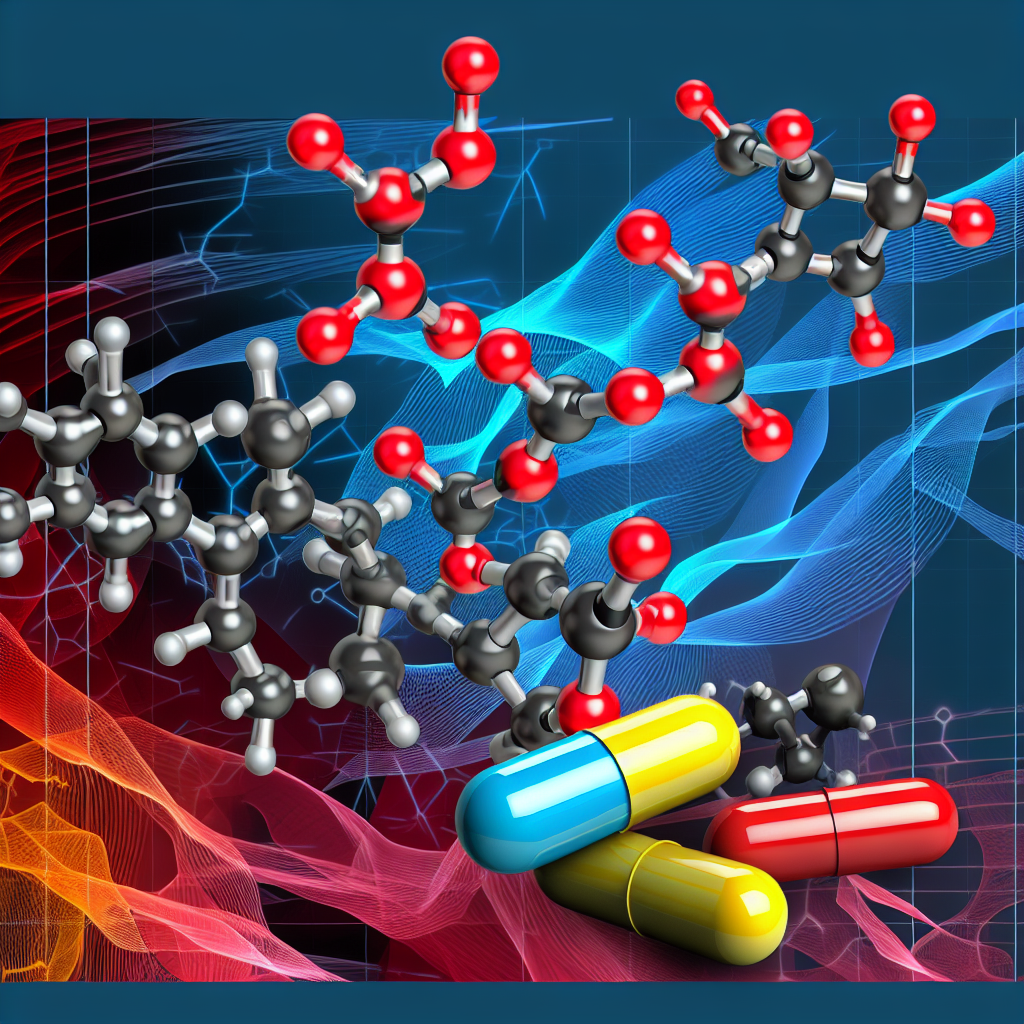Have you ever wondered how Vitamin B3 contributes to your health—or why nicotinic acid is making waves as one of its most powerful forms? Nicotinic acid, commonly referred to as niacin, is a critical nutrient your body needs to function properly. From supporting energy production to tackling cholesterol issues, this form of B3 has a unique role in optimizing wellness.
Unlike niacinamide, the gentler cousin of nicotinic acid, this variation has proven therapeutic effects, especially when it comes to heart health. Plus, nicotinic acid naturally found in foods like poultry, fish, and legumes makes it easy to incorporate into your diet.
Why Nicotinic Acid Is Essential for Your Health
A Heart-Friendly Solution
Nicotinic acid for cholesterol
One of the standout benefits of nicotinic acid is its ability to manage cholesterol levels, which contributes to better heart health. Research reveals that nicotinic acid:
- Lowers LDL ("bad") cholesterol levels.
- Reduces triglycerides (harmful fats in the blood).
- Raises HDL ("good") cholesterol, improving overall cardiovascular performance.
If you’ve been trying to manage your cholesterol naturally but still struggle with high LDL levels, nicotinic acid supplements—or niacin-rich foods—may be worth exploring. Healthcare providers often recommend it as part of a heart-friendly plan for individuals at risk of cardiovascular disease.
Energize Your Day with Vitamin B3
Vitamin B3 energy production
Feel tired no matter how much rest you get? Nicotinic acid plays a vital role in converting food into usable energy. As part of the Vitamin B family, it helps enzymes break down carbohydrates, fats, and proteins, which fuel your cells. This process is especially important for people experiencing chronic fatigue or low energy levels.
What Happens When You Don’t Get Enough Vitamin B3?
Recognizing the Symptoms of Deficiency
Lack of Vitamin B3 can creep up slowly, but its impact can be serious. Common symptoms include:
- Fatigue and irritability
- Digestive issues
- Dry or peeling skin
In prolonged cases, lack of Vitamin B3 can lead to pellagra, a condition characterized by dermatitis, diarrhea, and even cognitive decline. While less common nowadays, pellagra highlights the importance of maintaining adequate nicotinic acid intake.
Causes of B3 Deficiency
Deficiencies don’t happen randomly—they often reflect lifestyle factors or underlying health issues. Individuals who follow overly restrictive diets, suffer from chronic alcoholism, or experience absorption issues through disorders like Crohn’s disease are particularly at risk. It’s vital for these groups to prioritize their intake of Vitamin B3, either through food or supplements.
Nicotinic Acid vs Niacinamide: Spot the Difference
Choosing the Right Form of Vitamin B3
Nicotinic acid vs niacinamide
What’s the difference between nicotinic acid and niacinamide, and why does it matter? While both are forms of Vitamin B3, they serve different needs:
- Nicotinic acid: Great for improving cholesterol, but may cause side effects like flushing.
- Niacinamide: Perfect for reducing inflammation and does not cause flushing.
If your goal is managing cholesterol or promoting heart health, nicotinic acid is your go-to. For skin-related benefits or a flush-free solution, niacinamide is the better choice.
Top Food Sources for Nicotinic Acid
Eat Your Way to Healthy B3 Levels
Sources of nicotinic acid
Maintaining your Vitamin B3 intake doesn’t have to involve supplements. Many everyday foods are rich in nicotinic acid, including:
- Lean meats like chicken, turkey, and pork.
- Fatty fish such as salmon and tuna.
- Whole grains like brown rice and enriched cereals.
- Legumes such as peanuts and lentils.
- Nuts like almonds and walnuts.
Adding these to your grocery list keeps your B3 levels naturally optimized while supporting your overall diet.
Recommended Daily Allowances
Vitamin B3 supplementation guide
The amount of Vitamin B3 required varies based on your age, gender, and life stage. On average, adults need:
- Men: 16 mg/day
- Women: 14 mg/day
- Pregnant women: 18 mg/day
For individuals who struggle to meet dietary goals, nicotinic acid supplements can bridge the gap. Just remember to consult with a doctor to determine the right dosage.
Should You Consider Nicotinic Acid Supplements?
Supplementation Pros and Cons
Nicotinic acid supplements
If dietary sources aren’t enough or your B3 needs are higher due to health conditions, nicotinic acid supplements could help. These supplements are often used to:
- Manage cholesterol more effectively.
- Treat Vitamin B3 deficiencies.
- Boost energy production during illness or stress.
However, supplements are powerful, and higher doses can lead to unwanted effects like skin flushing, upset stomach, or potential liver damage at extreme levels. Speak with a healthcare provider for tailored guidance.
Potential Side Effects to Watch For
While nicotinic acid is beneficial, some people experience side effects such as:
- Flushing: A harmless but unsettling red and warm skin sensation.
- Nausea: Digestive discomfort, especially at higher doses.
To avoid side effects, start with a low dosage and increase gradually under guidance from a professional.
Conclusion: Make Nicotinic Acid Part of Your Health Routine
Benefits of nicotinic acid
Nicotinic acid—a powerful form of Vitamin B3—is not just an essential nutrient; it’s a game-changer. From lowering cholesterol and fighting fatigue to supporting skin health and preventing deficiency-related diseases, this nutrient plays a central role in keeping you healthy.
Whether you prefer to eat your way to better B3 levels with poultry, fish, and grains or opt for supplements, nicotinic acid should be on your radar. Ready to take your health journey to the next level? Consider adding nutrient-rich foods to your plate or talking with your doctor to see how this underrated Vitamin B3 can power your well-being.
